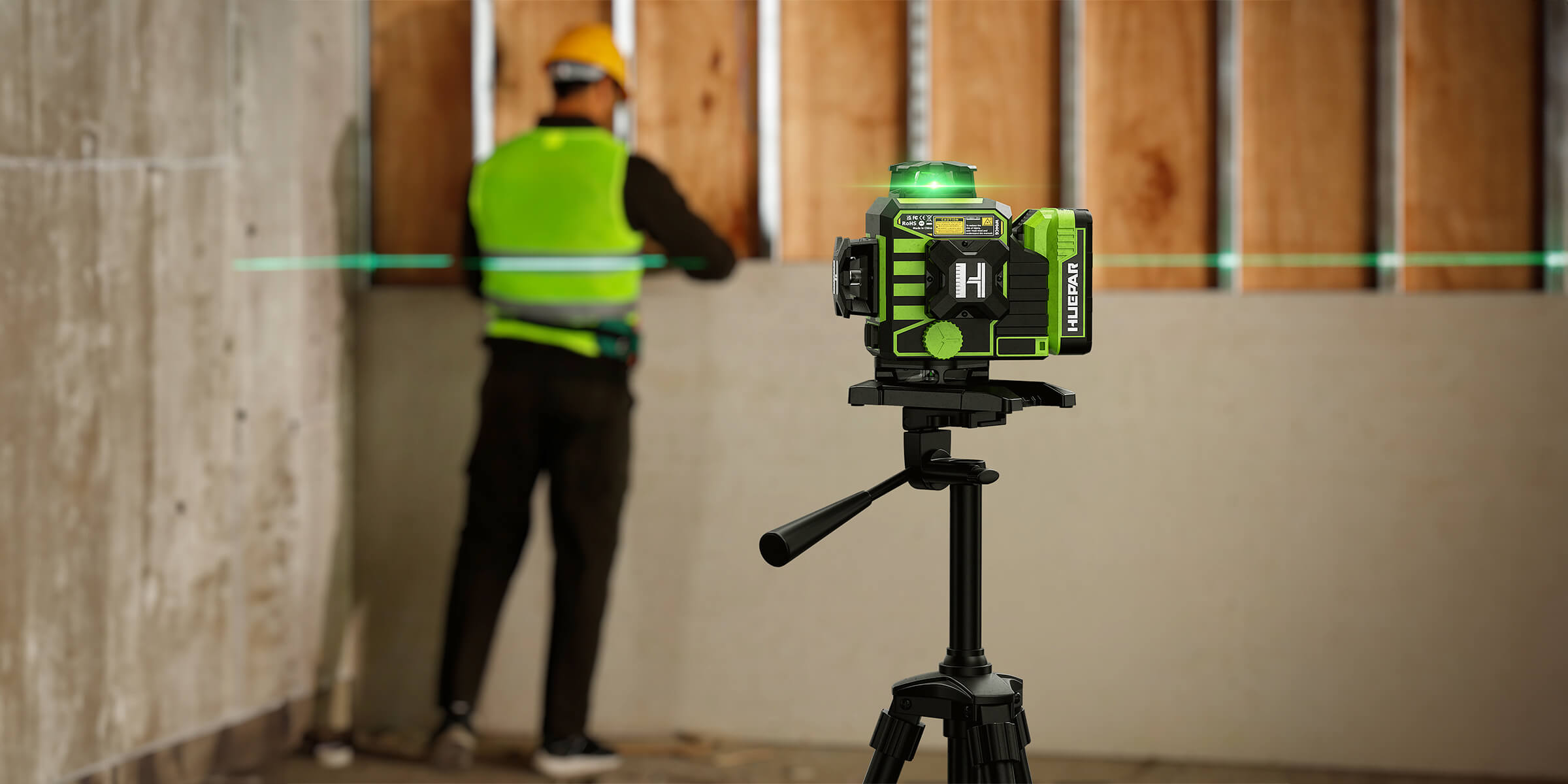
What does a Handyman Do?
What is a Handyman?
A handyman is that rare breed of skilled professional who can tackle just about any home repair or maintenance task that comes your way. Inside and out, they're the go-to person for fixing leaky faucets, patching up holes in the wall, painting the exterior and interior of your home—and just about everything in between.

That broad skill set means homeowners don't have to call in a team of specialists to fix, say, a creaky door or replace a light fixture. A handyman can handle all that and more. And when it comes to home improvement projects, their efficiency means you save time and hassle. Whether it's refreshing the grout in your bathroom, fixing your deck or patio or repairing your home's siding-you name it-a handyman has the know-how to get the job done right.
One of the things that sets handymen apart is their ability to work on both the inside and outside of your home. They can fix that hole in the wall, assemble flat-pack furniture and paint the exterior of your home. They can also tackle tasks that might seem too big or too small for you to handle on your own—like repairing your home's electrical or plumbing systems, or even just changing the light fixtures. Their expertise means those projects get done quickly and efficiently.
What Does a Handyman Do?
A handyman is a skilled professional who can do a wide range of home repairs and maintenance inside and outside the home. They are multi skilled in multiple trades so can do everything from minor plumbing to electrical work, painting, tiling, flooring, door and window repairs and even furniture assembly.
Plumbing Repairs
One of the services a handyman can offer is plumbing repairs. Whether it’s fixing a leaky tap, unclogging a drain or repairing gutters, a skilled handyman has the knowledge and tools to get the job done. Leaks can cause significant damage if left unchecked, water stains, mold growth and even structural issues. A handyman can identify the source of the leak and make the repairs to prevent further damage.
Electrical Work
Electrical issues can be frustrating and dangerous if not done properly. A handyman can help with various electrical tasks such as replacing light fixtures, outlets, switches and even checking the wiring of your appliances. Whether you need to update old electrical components or troubleshoot a problem a handyman can ensure the work is done safely and to code.
Painting and Decorating
A fresh coat of paint can breathe new life into any room or exterior surface. A handyman can do both interior and exterior painting jobs, from walls and ceilings to siding, windows, doors and decks. They can also help with minor repairs such as fixing drywall or replacing damaged trim to ensure a smooth and professional finish.

Tiling and Grouting
Tiling and grouting can be a tedious and time consuming task especially for those without the right tools and experience. A handyman can expertly do projects like retiling floors, refreshing grout around sinks and backsplashes or even install new tile in bathrooms or kitchens. Their attention to detail and expertise can ensure a flawless and long lasting result.
Related reading: How to Use a Laser Level to Lay Tiles?
Flooring Repairs and Installation
Whether you need to repair or replace existing flooring or install new flooring altogether a handyman can help. They can assess the condition of your carpet, tile, linoleum or hardwood floors and recommend the best course of action. From minor repairs to full installations a handyman has the skills and knowledge to get the job done.
Door and Window Repairs
Doors and windows can take a lot of punishment over time and can develop issues like loose hinges, broken sash cords or drafty seals. A handyman can diagnose and repair these problems so your doors and windows work properly and efficiently. They can also do tasks like repainting frames or replacing hardware for a fresh new look.
Furniture Assembly
Assembling flat pack furniture or larger items like playhouses can be a big job, especially if you are short on time or don’t have the right tools. A handyman can assemble furniture and other items for you, saving you time and hassle and making sure everything is put together correctly and safely.
Benefits of Hiring a Handyman
Hiring a handyman can be better than DIY or hiring multiple specialized contractors. One of the biggest benefits is the time and effort savings. DIY tasks take longer and require learning new skills, while a handyman can do multiple jobs with their expertise.

Cost effective is another big advantage. Hiring individual contractors for each job can get expensive fast, but a handyman is a one stop shop for multiple jobs at a lower rate. This will save you a lot of money in the long run.
Handymen bring a wealth of knowledge and experience to the table so tasks are done right and to a high standard. Their professional expertise will avoid costly damages that can happen from improper repairs or installations. With the right tools and techniques handymen can deliver quality results with minimal future issues.
Also a handyman is versatile so you can tackle a wide range of tasks with one service provider. From plumbing and electrical to painting, tiling and furniture assembly a handyman can do multiple projects, saving you time and effort compared to coordinating with multiple specialized contractors.
How to Find a Handyman? - Find a Reliable Handyman
Finding a trustworthy and skilled handyman can be tough but it’s important to get the job done right. Start by asking friends, family or neighbors for recommendations of handymen they’ve used and had good experience with. Check online reviews and ratings on Yelp, Google or Angie’s List to see the handyman’s reputation and quality of work.
Another option is to use a vetted platform like CanCan which vets and background checks its handymen to make sure they have the necessary skills and experience for various tasks. These platforms also provide customer reviews and ratings so you have an added layer of confidence in your decision.
When considering a handyman ask about their experience, areas of expertise and if they are insured and licensed for the specific tasks you need. Don’t hesitate to ask for references or examples of their previous work. A reliable handyman should be transparent, communicative and willing to provide detailed estimates and timelines for the job.
Distinguishing Handyman Tasks from Licensed Contractor Jobs
While handymen can do a lot of things, there are some jobs that require specialized expertise and permits from licensed professionals. Major electrical work, big plumbing jobs or repairs, and structural renovations or additions are usually outside a handyman’s skillset.
For example, rewiring a whole house, replacing a water heater or adding a room addition would require hiring a licensed electrician, plumber or general contractor. These professionals have gone through extensive training and certification to ensure the work is done safely and up to code.
It’s important to know the limitations of a handyman’s capabilities to avoid safety hazards or legal issues. While they can do minor electrical work like replacing light fixtures or outlets, any major electrical work involving panel upgrades or new circuit installations should be left to a licensed electrician.
Similarly, while handymen can unclog drains or fix minor leaks, big plumbing jobs like repiping a house or installing a new sewer line require the expertise of a licensed plumber. Structural work like removing load bearing walls or installing new beams also requires a licensed contractor to ensure the integrity and safety of the structure.
By knowing the boundaries between handyman jobs and licensed contractor jobs, homeowners can make informed decisions and prioritize safety while getting the most out of hiring a handyman for smaller projects and maintenance tasks.
How Much Does it Cost to Hire a Handyman?
Hiring a handyman can be a cost effective way to tackle various home maintenance and repair tasks. But the cost can vary. Handymen charge either an hourly rate or a flat fee for the job.
Hourly rates for handyman services can range from $50 to $100 or more per hour depending on the location, the handyman’s experience and the complexity of the task. Some handymen may charge more for specialized skills or tasks that require extra expertise.
Flat fees are often quoted for simpler jobs or projects with a clear scope. These fees can range from $100 to $500 or more depending on the nature of the work and the time required to do it.
Related reading: How Much Does a Handyman Charge to Paint a Room?
Note that the cost can also be affected by the cost of materials, travel time and the urgency of the job. Jobs that require specialized tools or equipment may also incur extra charges. Get quotes from multiple handymen in your area to get an accurate estimate for your job. Compare prices and make sure you’re getting a fair price for the work. Also, discuss the scope of work, materials needed and any extra costs upfront to avoid surprises.







